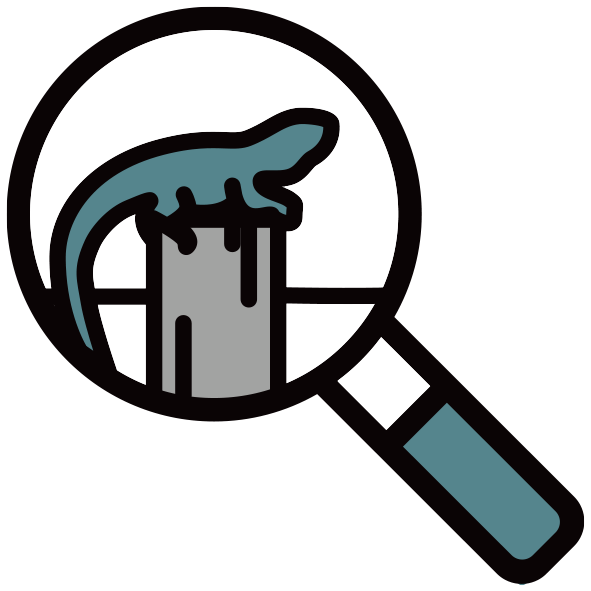Thank you to everyone who participated in the recent cane toad blitz hosted by the Peri-urban Environmental Biosecurity Network (PEBN). The blitz called for beekeepers to look out for cane toads around their beehives and for the community to look in backyards, open areas and local waterways.
The aim of the blitz was to help educate the community on the importance of looking out for emerging pests like the cane toad and to involve them in surveillance. Participants were provided information on how to identify a cane toad from a native frog, what to do if they find one and how to report.

The data collected from reporting during the blitz will be used to help identify the presence or absence of cane toads in certain areas. Absence report data is also important to underpin pest-free status.
Summary of results:
- 39 registered for the Toad at the Hive
- 41% from Greater Sydney region, 36% Hunter and 15 North Coast region
- 7 reports in total
- Of the 7 reports, 5 were absent sightings and 2 reports were cane toads
- The positive sightings were both from the Lismore area and followed up by NSWDPI Invasive team
- 92% said they would be interested in participating in other community surveillance initiatives
Reports of suspect cane toad sightings via FeralScan during the blitz period confirmed 15 sightings, and 2 reports which turned out to be native frogs. Unfortunately it is difficult to directly attribute these reports to the ‘Toad at the Hive’ campaign it is interesting to note the activity during this time.
Nikki from The Oaks in the outskirts of Greater Sydney was a keen observer of her hives.
The weather has definitely been a lot cooler in the past week, so not many bees are hanging out on the outside of the hive. I checked twice in the last week and no toads seen. I took a video clip tonight!
This video shows Nikki checking her hives for cane toads during the blitz. She was happy to report no toads seen!
Jane from Buladelah also looked around her beehives during the blitz. Although no cane toads were sighted she has learnt the importance of non-sightings and how it helps to verify pest free areas.
Part of my teaching is to grow a love and sense of responsibility for the environment, so events like this are important. I really enjoyed the opportunity to participate and look forward to doing it again or participating in similar activities in the future.
Despite the persistent rain over February and the flood events in the North Coast region, the campaign was successful in bringing the community onboard to carry out surveillance and get them involved in biosecurity.
Citizen biosecurity is not only about participation, but also education. The more people that know what to look for and how to contain and report, the better our biosecurity. You can help reduce the impacts to the environment by keeping a look out and finding pests early before they can establish.
If you find suspect pests you think are a biosecurity concern, call the NSW DPI biosecurity hotline (1800 680 244) to report, or report via their online form.

